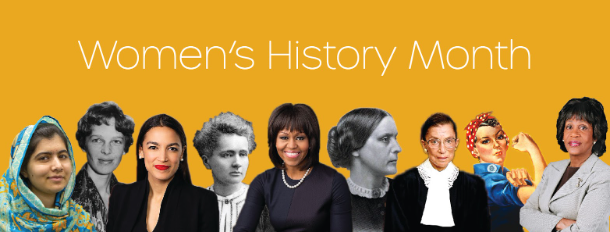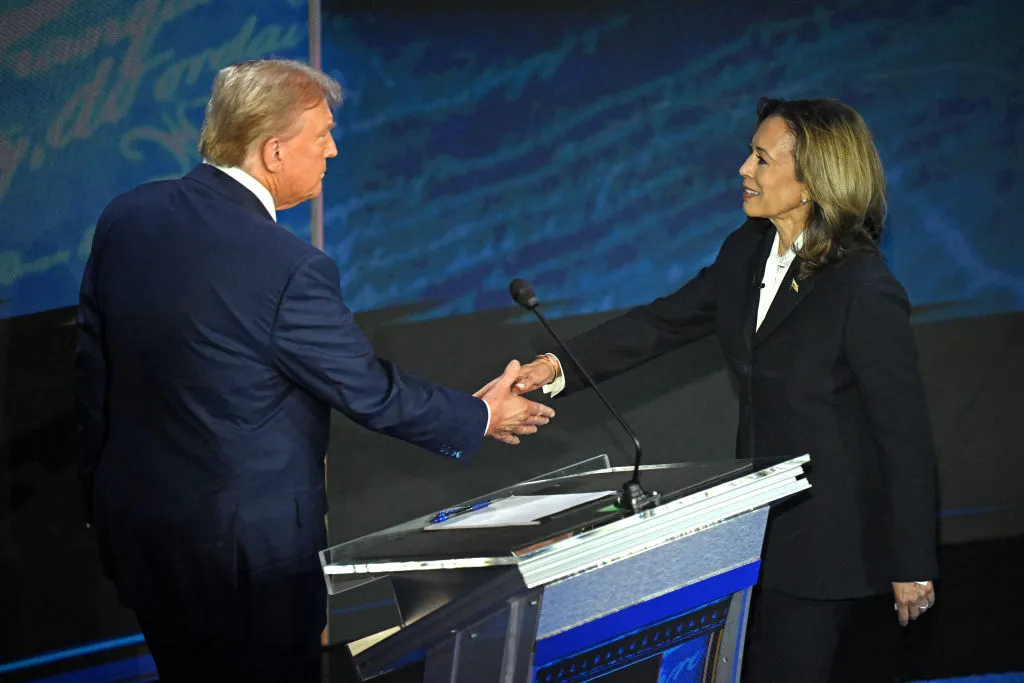A growing question in our democratic society is whether or not voting is necessary. While political debates have divided Americans, one must consider exactly how not voting will influence the outcome of presidential elections. With an election being held on Tuesday, November 5, it is incredibly important for every voting citizen to acknowledge the consequences of having thrown away the chance to cast a ballot.
Voting is integral to our democracy; there is value in every vote, no matter how small. While the chance to choose a President only occurs every four years, thousands of local and state elections are held annually. By choosing not to participate, individuals are effectively relinquishing their power to influence outcomes that directly affect their lives. Whether it’s local school board decisions or national policies, the ramifications of an election extend far beyond the ballot box. For instance, studies have shown that in the U.S., voter turnout in presidential elections often hovers around 60-70%, with midterm elections dropping to about 40%. This suggests that a significant portion of the population does not participate, which can lead to questions about whether the elected officials truly represent the will of the people.
While it’s true that elections are influenced by larger trends, the assertion that one vote doesn’t matter overlooks numerous historical instances where elections have been decided by a remarkably small margin. In many local, state and even national elections, a few hundred or even a few dozen votes can sway the outcome. Voting is not just about winning an election; it’s about making a statement. Each ballot cast represents a choice and an endorsement of values, ideals, and priorities. When individuals abstain from voting, they inadvertently allow others to dictate the future, reinforcing the very apathy they criticize.
Voter apathy can especially lead to a lack of representation for marginalized communities, whose voices are often drowned out in low-turnout elections. When certain demographics choose not to vote, they risk perpetuating systemic inequalities, allowing policies that do not reflect their interests to pass unchecked.
History provides ample evidence of the cost of silence. Many fought and died for the right to vote. The suffragettes, civil rights activists, and countless others faced violence and oppression to ensure that future generations would have a say in their governance. Choosing not to vote today is akin to turning one’s back on those who sacrificed so much for this fundamental right. It diminishes the significance of their struggles and the progress made toward a more inclusive democracy.
The decision to vote is not merely an individual choice but a collective responsibility. Each vote carries weight and significance, influencing outcomes that affect our communities and future. By participating in elections, citizens assert their beliefs, challenge the status quo, and ensure that their voices are heard. Rather than viewing voting as a futile exercise, we must recognize it as a vital opportunity to advocate for change, honor the sacrifices of those who fought for our rights, and contribute to a more just and representative society. In the end, every vote truly matters.























